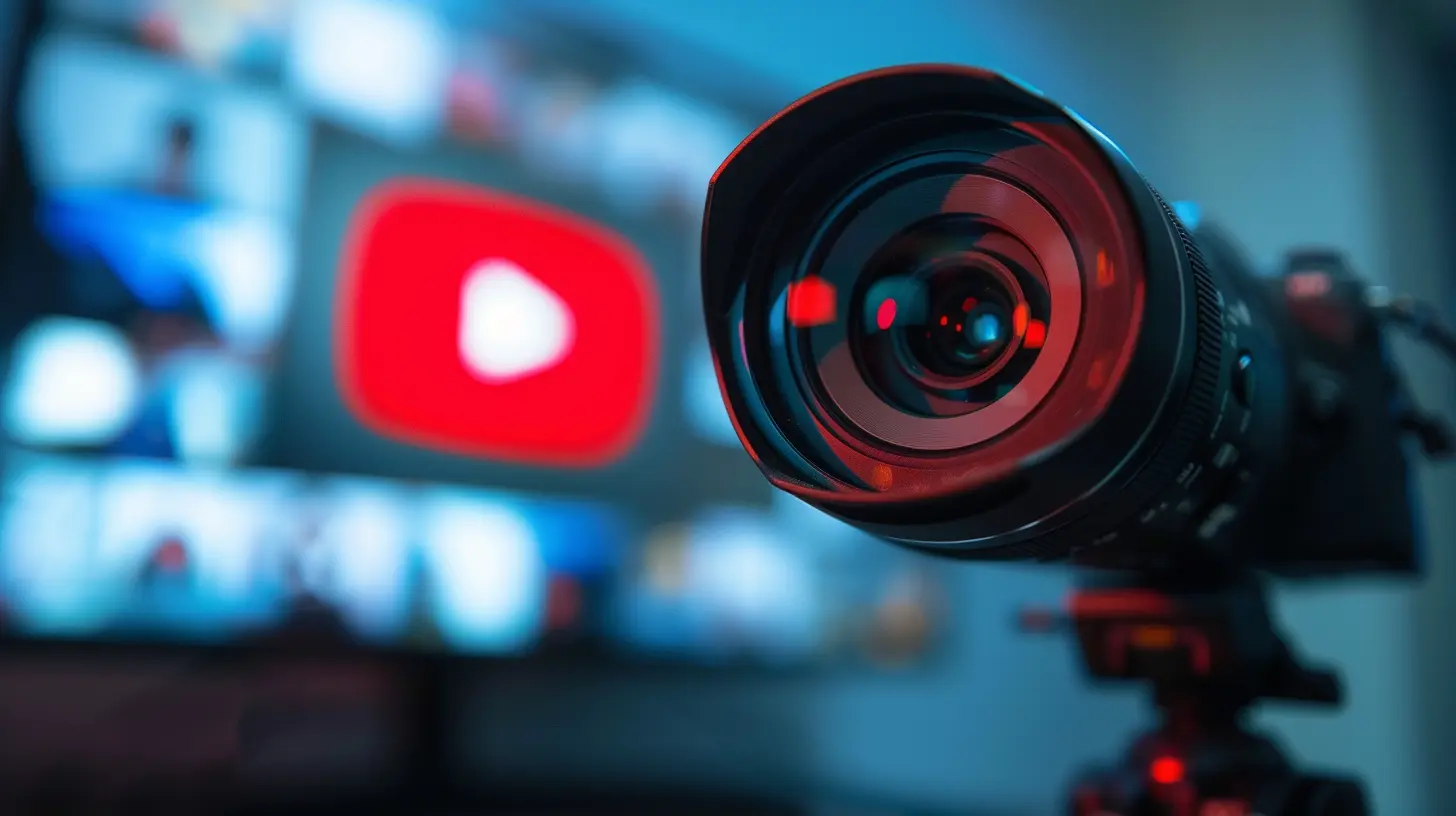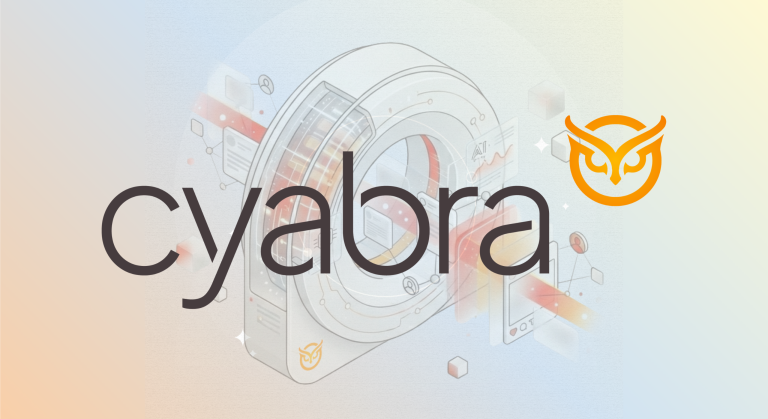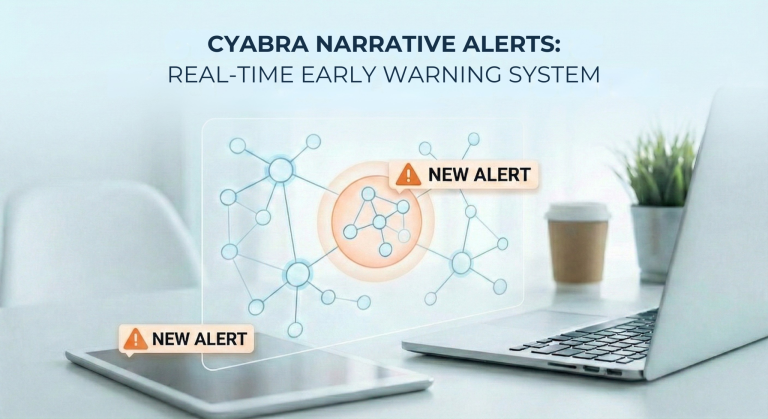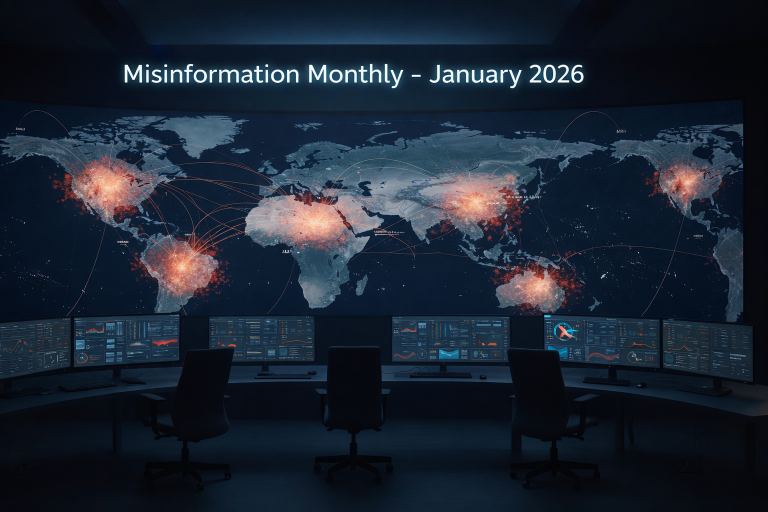In today’s digital age, social media personalities wield great power in influencing cultural trends.
These influencers, using their massive online followings, have become key players in shaping the discussions about brands and social movements, but unfortunately, some of them also play a role in spreading misinformation.
We have seen time and time again how their impact has swayed the public’s views on many topics, both positively and negatively, molding societal perceptions of cultural beliefs and brands.
Evolution of Social Media Personalities

The rise of platforms such as Facebook and YouTube allowed people to voice their opinions to the world on a massive scale, giving birth to the first internet celebrities.
In the early days of YouTube, channels like Fred and Smosh, known for their comedy sketches aimed at children and teenagers, were one of the pioneers of entertainment content on the internet, setting the stage for what would later evolve into the influencer culture.
Unlike today’s influencers, they created content as a hobby, unaware of the massive industry it would become – at the time, YouTube didn’t even have a partnership program (which allows content creators to earn money from ads on their videos), so monetization wasn’t a part of the picture.
It’s worth mentioning that the online landscape back then was the polar opposite of what it is today, focused more on creative expression and entertainment than on brand partnerships and influence.
Monetization Opportunities

Fast-forward a few years, and Instagram became the most-used social media site by younger demographics. Influencers utilized this platform as an opportunity to connect with their followers on a deeper, more personal level.
Unlike the early days of YouTube and Facebook, Instagram quickly became a hotspot for brand partnerships and paid endorsements.
This change was brought on by Instagram’s launch of the paid advertisement feature which made it easy for brands to connect with influencers, effectively marking a shift from creating content as a hobby to developing a career out of it.
The visual nature of Instagram allowed these influencers to integrate product placements into their posts which laid the foundation for a new marketing model that brands eagerly embraced – a model which remained largely unchanged to this day.
This transformation not only commercialized the role of influencers but also highlighted the growing impact of social media on consumer behavior and cultural trends.
The Dark Side Of Influence
The vast reach of influencers made it easy for some individuals to inadvertently (or sometimes intentionally) share false information that could have detrimental effects on public perception.
During COVID-19, for example, some influencers used their platform to spread unverified health advice, which made dealing with the pandemic a lot more difficult than it should’ve been.
This spread of both misinformation and disinformation can also have a massive effect on brands. Now, more than ever, a few social media posts can trigger an online firestorm that can completely ruin a brand’s reputation.
The “No Shampoo” trend is a recent example of this. Influencers on TikTok made videos talking about the benefits of washing your hair without shampoo. These short videos gained traction quickly and tarnished the reputation of companies in this industry. The kicker in this story is that the claims made by these influencers were misguided at best, and completely fabricated at worst.
This problem is only made worse by bots and fake profiles operated by malicious actors, who are always looking for ways to latch on to controversial topics and add fuel to the fire.
These bad actors exploit the influence of popular social media personalities by blurring the lines of genuine opinions and orchestrated disinformation campaigns. They do this by engaging with the content of controversial influencers through the use of fake accounts and bots, which leads to increased exposure and more followers for said influencers.
Furthermore, the algorithms of social media websites encourage this as it keeps people on the platform, creating a vicious cycle of misinformation.
How Brands Can Float in the Rough Seas of Misinformation
The power and influence of social media personalities have revolutionized cultural trends and consumer behavior.
From the early days of YouTube and Facebook to the current dominance of Instagram and TikTok, influencers have become key players in shaping public opinion and brand perception.
However, the immense power they hold can also be a double-edged sword, as a single misleading post or video from a popular influencer can have dire consequences on brands and companies.In this highly volatile environment, brands need robust tools to detect, analyze, and counteract misinformation and disinformation campaigns.


